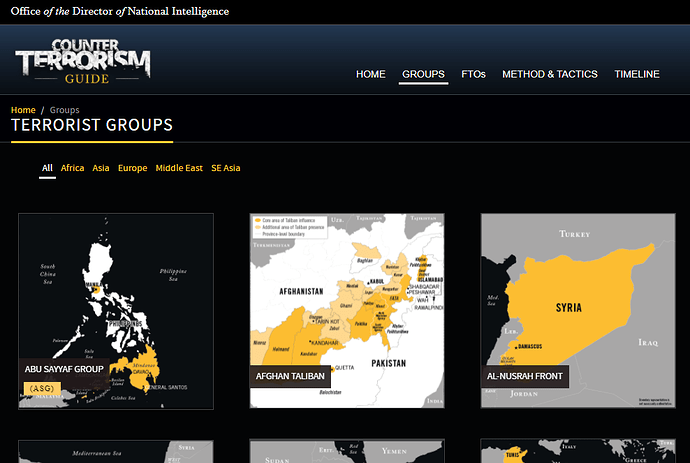I agree that this is one of the primary life conditions that we are facing as a still-emerging global society. And my hope is that it is one of the life conditions that helps integral emerge in a more full-throated way. I just think it requires a somewhat different language to make proper sense of, and comparisons to “public commons” don’t work for the reasons I mentioned in my last comment. I think there is likely a deliberate effort by malicious actors to repeat the “public commons” frame as often as possible, in order to hasten the privatization of public resources, which I personally think we should all resist.
But yes, we are suspended between dystopian nightmares – misinformation and aperspectival madness on one side, and authoritarian censorship on the other. Sometimes it feels like a binary choice – we can have 100% of one, or 100% of the other. What are we to do?
Really, I think the problem is with the platforms and algorithms themselves, all of which are built upon flat postmodern assumptions about how people communicate and congregate together. There really is an unavoidable “flatness” to these platforms, where all views and values sort of slide across each other with no built-in mechanism of enfoldment to help people discern “more true” from “less true”, and where a small number of people can dominate the discourse simply by yelling the loudest. It used to be that the cacophony of public views and values had some degree of meritocratic curation and moderation, at least in terms of how they are represented by “the media”. This more centralized approach certainly had its downsides, but at the very least it helped create a more cohesive “shared reality” between and among people.
But information moves very differently in Zone 7 these days, which has in turn dramatically reshaped our culture, our behaviors, and even our immediate consciousness. Sometimes in noticeable ways, and other times it feels like that old “boiling a frog” metaphor. We have almost totally shifted from a centralized orange “mainstream media” model where all information was filtered through a handful of minimally-orange perspectives (think: Walter Cronkite) to a decentralized green “social media” model where people began to curate their own informational terrain. And a whole new slew of issues, challenges, and life conditions have emerged from that. Fortunately, some new possibilities too, I think.
The good news is, something new will most likely come down the line at some point in the future, new platforms that are better equipped at handling these problems. And they will, almost by necessity, be at least somewhat integally-informed – not because a small crowd of integral busybodies demand it, but because it simply does a better job of prioritizing “good information” over “bad information”, better incentivizes “generative enfoldment” rather than constant division, has some perspectival algorithms beneath it that can recognize higher/deeper/wider points of view, and allows people to simply feel better in their own UL for using it.
My hope is that these problems become so painful that we naturally begin selecting for better platforms – not because they are more or less “integral”, but simply because of the immediate pain relief that they would offer.
I keep hoping the leadership team over at Google has a series of spontaneous satoris that leads them to an awakened appreciation of the complexity here, and prompts them to start building their own “integral semiotic algorithms” and AIs that can actually transform the web into the sort of ‘giga-glossary’ that Ken Wilber has fantasized about for decades 
 But they are ruled by their emotional charges and only see the short term us-vs them and come up with really bad decisions in this frame of mind.
But they are ruled by their emotional charges and only see the short term us-vs them and come up with really bad decisions in this frame of mind.
